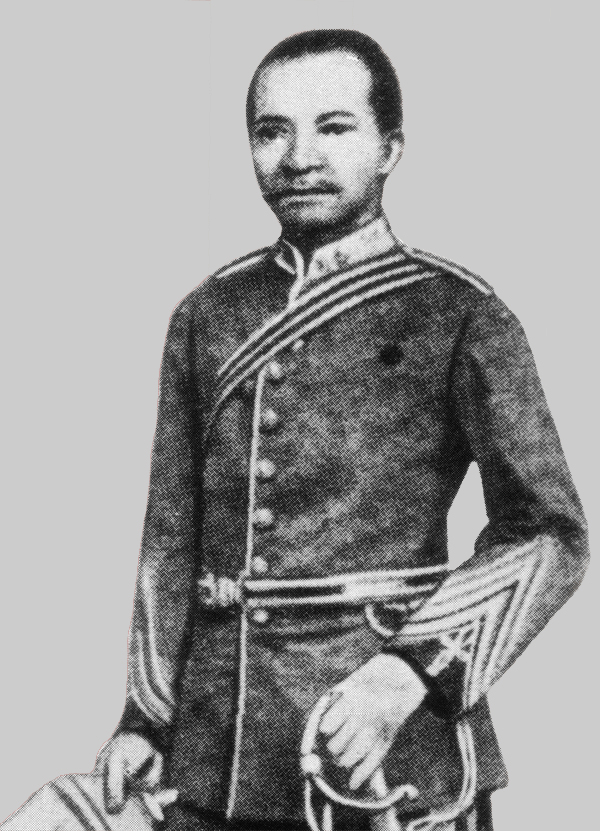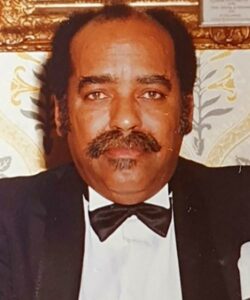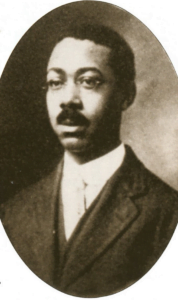James ‘Africanus’ Beale Horton
He studied medicine at King’s College London and Edinburgh University, and he adopted the name Africanus as a symbol of pride in his birthplace. Horton was commissioned as a surgeon in the British Army after receiving his MD and returned to West Africa. He established theories that linked human health to topography during this time and his theories earned him a prestigious reputation in the medical community. He had also written a number of books in response to racist white authors that were emerging in Europe.
1835
1883
Sierra Leone
Black British
1853 – Transferred to Freetown’s Fourah Bay Institution
1855 – British War Office scholarship
1858 – Graduated
1859 – Staff Assistant Surgeon
1867 – Physical and Medical Climate and Meteorology of the West Coast of Africa: With Valuable Hints to Europeans for the Preservation of Health in the Tropics (book)
1874 – The Diseases of Tropical Climates and Their Treatment (book)
His father was a freed slave of Igbo descent, and he was born James Horton in 1835. Horton began his education at a local school in Gloucester before being recruited to CMS Grammar School by Reverend James Beale in 1845. After that, he went to Fourah Bay Institution (later Fourah Bay College) in Sierre Leone to study divinity in order to become a priest.
Horton’s job as a medical officer took him to several locations across West Africa, where he participated in two Ashanti wars (1863 and 1873). His experiences led him to link topography to human health, resulting in theories that earned him a reputation in the medical community and a promotion to surgeon-major in the army. Horton grew more interested in politics during his military duty in West Africa. Horton attacked the dominant beliefs of Africans’ racial inferiority in his book West African Countries and Peoples (1868), as well as putting out several recommendations for the self-government of various African national and ethnic groups. He did, however, consider himself a devout subject of the British monarch, and saw Britain as having a significant cultural and scientific influence on Africa’s growth. As a result, his beliefs, which were radical during the period when colonial powers ruled, have served as a foundation for the growth of African independence and nationalist ideologies in the future.
Horton grew more interested in politics during his military duty in West Africa. He attacked the dominant beliefs of Africans’ racial inferiority in his book West African Countries and Peoples (1868), as well as putting out several recommendations for the self-government of various African national and ethnic groups. Horton considered himself a devout subject of the British monarch, and saw Britain as having a significant cultural and scientific influence on Africa’s growth. As a result his beliefs, which were radical during the period when colonial powers ruled, have served as a foundation for the growth of African independence and nationalist ideologies in the future.
http://uncover-ed.org/james-africanus-beale-horton/#:~:text=Following%20the%20British%20War%20Office’s,study%20for%20a%20medicine%20degree.
https://www.yourworldhealthcare.com/uk/news/black-british-history-healthcare-heroes-
https://www.blackpast.org/global-african-history/horton-james-africanus-beale-1835-1883/#:~:text=James%20Africanus%20Beale%20Horton%20(1835%2D1883)
https://www.kcl.ac.uk/people/africanus-horton
http://www.lifequoteslib.com/authors/james_africanus_horton.html


